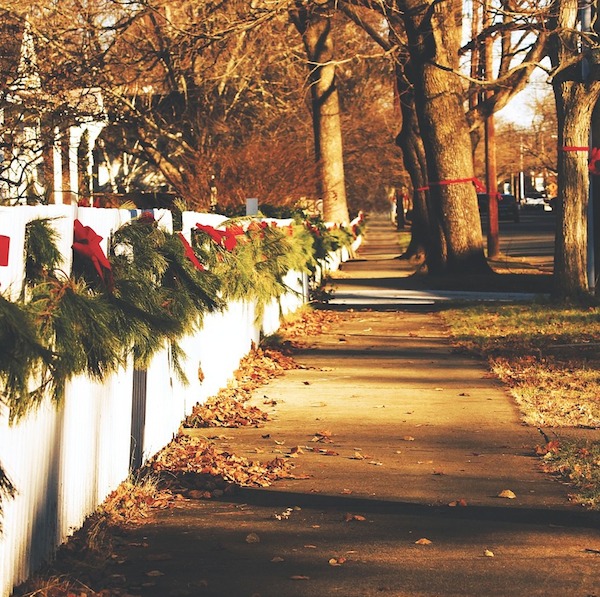Your Real Age – 8 Tips to Help Caregivers Find Their Inner Child
Contributed by Guest Blogger, Sherri Snelling
I recently celebrated my birthday and it got me to thinking about our “real age.” Whenever I meet a friend for coffee the conversation now turns to our latest health issue (we are at that age) – hurt knees from running, migraines from changing hormones, sun spots on our face, wrinkles on our foreheads, and intestinal rumblings from last night’s Mexican food. And, when the bill comes, we all hold the check back about 12 inches so we can read it (always forgetting the reading glasses which are now common among my friends). However, we marvel at how we don’t see ourselves as our real age – and as friends we even comfort each other that we certainly don’t look our real age either.
As we grow older and start to care for aging parents, what is our risk as caregivers for being “older” than our real age because we often neglect our own health and wellness needs?
Continue reading →
 Caregiving – and the challenges faced by caregivers – is now so widely recognized that it’s easy to forget that only 5-10 years ago the biggest challenge for those of us in the industry advocating for help was how to get caregivers to simply self-identify. People viewed their caregiving challenges in terms of their responsibility as a spouse, sibling, parent, or friend. Rarely as a member of a very large club consisting of 65 million other members!
Caregiving – and the challenges faced by caregivers – is now so widely recognized that it’s easy to forget that only 5-10 years ago the biggest challenge for those of us in the industry advocating for help was how to get caregivers to simply self-identify. People viewed their caregiving challenges in terms of their responsibility as a spouse, sibling, parent, or friend. Rarely as a member of a very large club consisting of 65 million other members!



